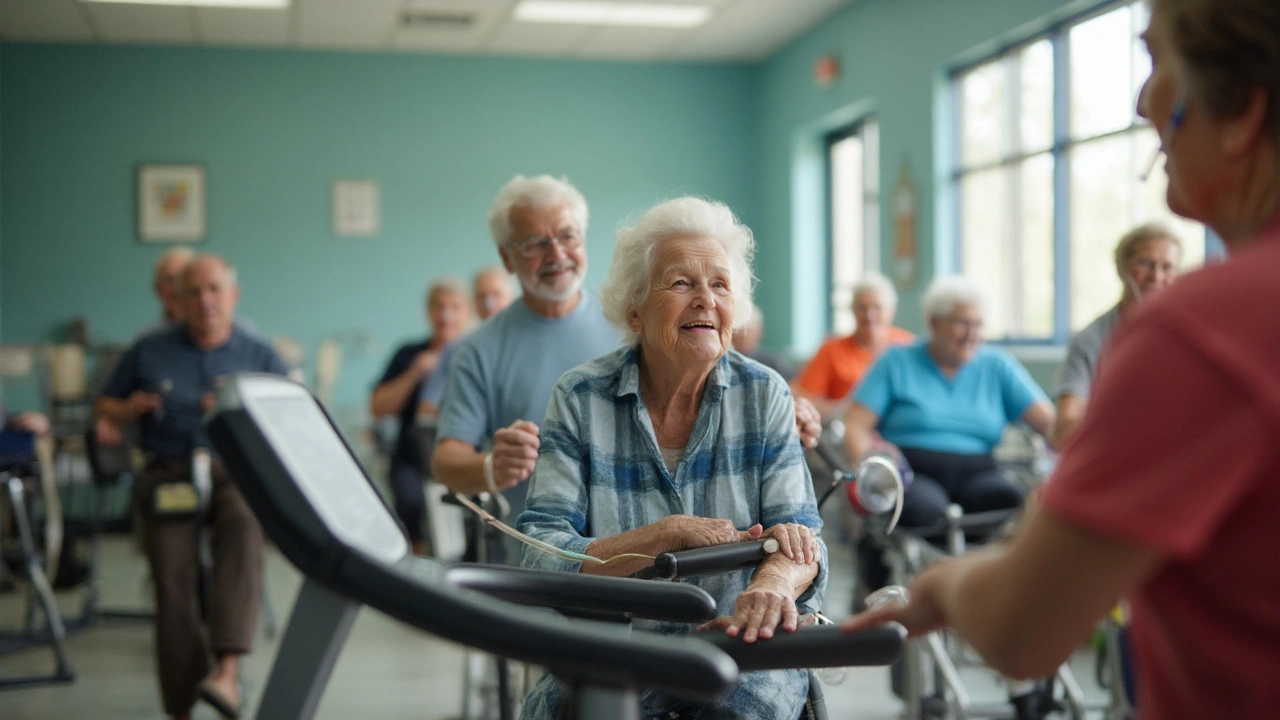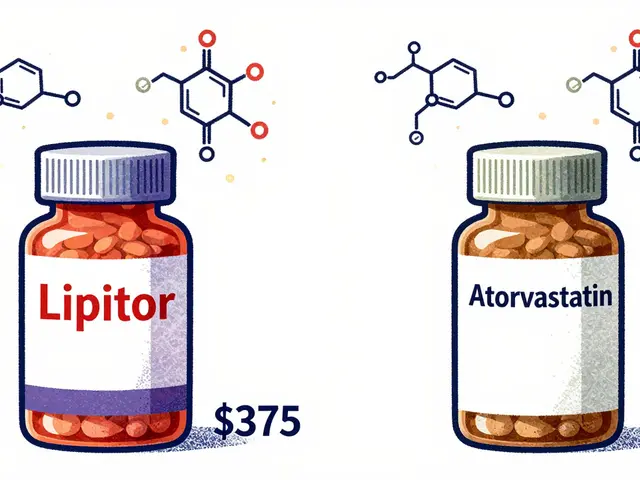Exercise Training: Practical Tips to Boost Your Health
If you’ve ever wondered how to make exercise a habit without feeling overwhelmed, you’re in the right place. Exercise training isn’t just for athletes; it’s a tool anyone can use to feel better, move easier, and protect their health. Below you’ll find straight‑forward advice that works for beginners and for folks who want to shake up their routine.
Why Exercise Training Matters
Regular training does more than burn calories. It improves heart health, strengthens muscles, and keeps joints flexible. Studies show that just 150 minutes of moderate activity each week can lower the risk of heart disease, diabetes, and even depression. You’ll notice everyday tasks—like climbing stairs or lifting groceries—become easier. Plus, movement releases endorphins, the natural mood boosters that help you stay positive.
Simple Ways to Begin Your Routine
Start small and build confidence. Choose an activity you enjoy, whether it’s walking, cycling, or a short home workout. Aim for 10‑minute sessions at first; three sessions a week are enough to spark change. Gradually add a few minutes each week until you hit the recommended 30‑minute mark.
Mix up your moves to keep things interesting. Combine cardio (like brisk walking) with strength exercises (such as body‑weight squats or push‑ups). Strength work helps protect bones and boosts metabolism, while cardio improves stamina. You don’t need fancy equipment—staircases, water bottles, or a sturdy chair can double as tools.
Track your progress without overthinking it. A simple notebook, phone app, or calendar can show how many minutes you’ve moved each day. Seeing a streak grow is motivating, and it helps you spot patterns—like which times of day you feel most energetic.
Stay consistent by linking exercise to an existing habit. Pair a walk with your morning coffee or do squats while watching TV. The key is to make movement a natural part of your daily routine, not a separate chore.
Finally, listen to your body. If you feel pain beyond normal muscle soreness, pause and rest. Hydrate, stretch, and give yourself recovery days. Consistency beats intensity when you’re just starting out—steady effort leads to lasting results.
Ready to get moving? Pick a simple activity, set a tiny goal, and watch how quickly it becomes part of your day. Your future self will thank you for the energy, strength, and confidence you’re building right now.










